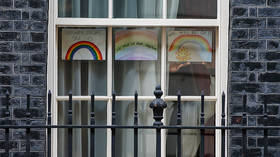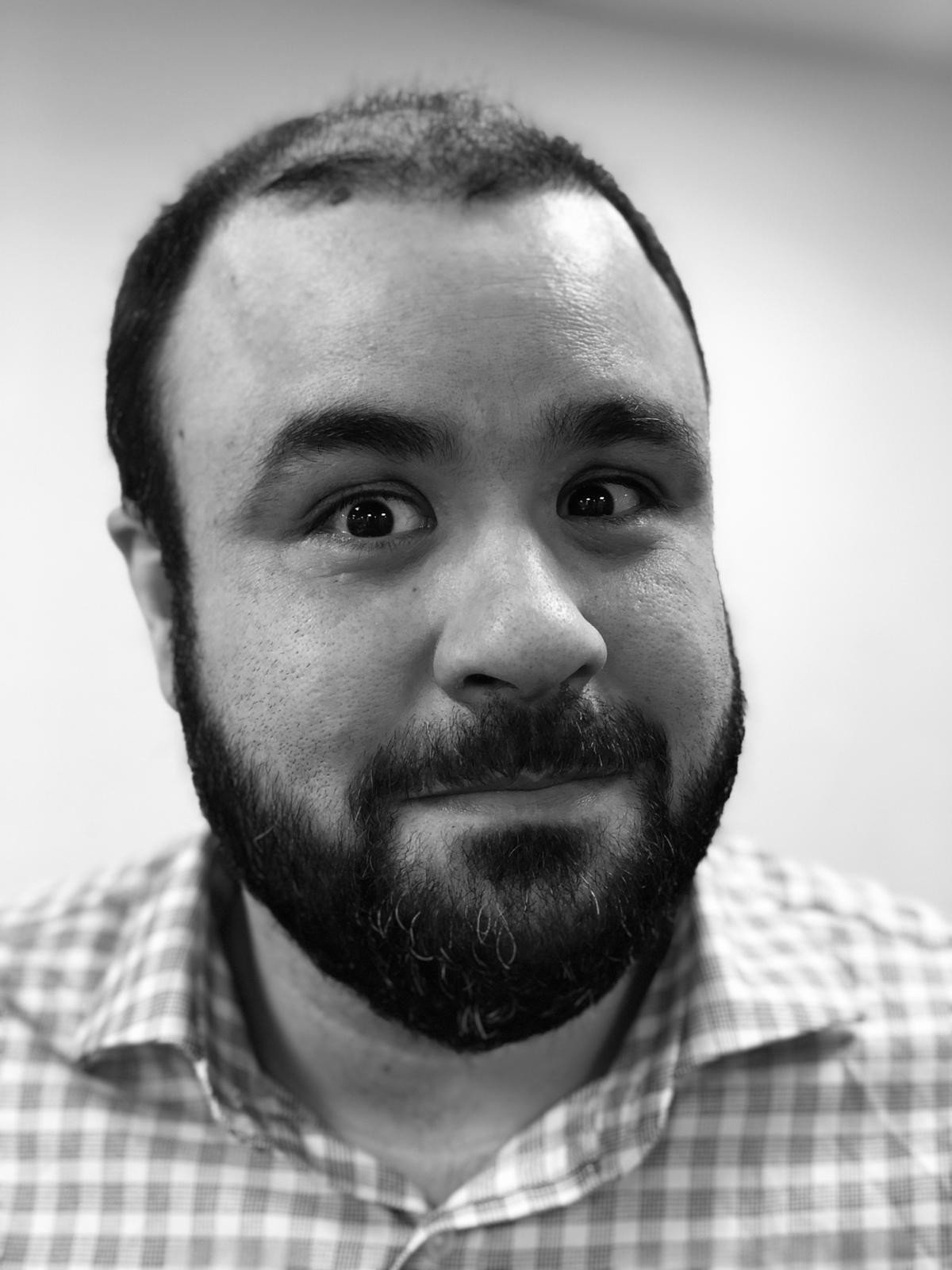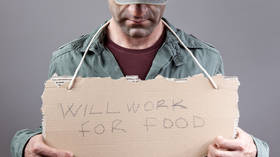Governments don’t know what to do about Covid-19, but they’ll lock us down before admitting it

Most governments, institutions and experts don’t know the best way to deal with the coronavirus – that’s pretty obvious at this point – but they’ll never admit it publicly.
First, let’s start with some sympathy; global pandemics don’t happen every week, so it’s absolutely understandable that responding to one involves a level of improvisation for all involved.
Some nations are on lockdown, some aren’t. Some order populations to wear masks, some don’t. But honestly, they don’t even know how many people have Covid-19 or have died from it. Don’t fall for the show of confidence; it’s guesswork at this point.
The lockdowns are an obvious sign. Telling entire populations not to go anywhere is not a plan; it’s a lack of one. Think about all the times you’ve screamed “Don’t move.” Did you shout it because you had a strategy, or because you needed time to come up with one? Every time a lockdown is extended, it’s an admission that the authorities need a little more thinking time.
Also on rt.com What will the post-coronavirus world look like when we venture from self-isolation?That’s why one characteristic of this crisis has been the array of methods used to say “We don’t know” without actually saying it. Governments deflect to the science, the science relies on the numbers, and journalists try to sound like they know what should be done while blaming the government. And on it goes.
Look, it’s the nature of politics that, whether they’re worried about re-election or avoiding uprisings and public lynchings, there is very little to be gained for governments in admitting ignorance. When trying to sell BS, it’s essential to do it with confidence.
Take the British government. The past masters of arse-covering phraseology have come up with “We’re being guided by the science.” This little motto was invaluable when the initial strategy of trying to achieve ‘herd immunity’ was slammed into reverse and replaced with legally enforced Netflix and chill.
Also on rt.com AI healthcare shouldn’t get more trust than self-driving car; it’s useful amid pandemic emergency, but speed is not always goodThe U-turn happened because there is no “the science” to be guided by; there are, in fact, all kinds of science you can choose from, depending which is the most politically expedient.
This is a brand new virus, and scientists are scratching their heads about what to do just like everyone else. While one group of boffins can concoct a model showing 97% of the population will be dead by Thursday lunchtime if a bat sneezes, another will produce a table of numbers suggesting only pensioners with advanced pneumonia and intimate knowledge of pangolins are at risk.
In the UK, Imperial College London came up with a deeply pessimistic prediction for the fatality rate among those who catch Covid-19, while another group at Oxford University predicted that large parts of the population may already have had it and not really noticed. In other words, neither group really knew.
Also on rt.com The UK’s Covid-19 response is being led by a secretive, incompetent cabal. No wonder our policies have been such a shamblesThe uncertainty of science can be a deeply flawed basis for guiding politicians who have to exude confidence. The scientific method involves a hypothesis (aka a wild guess) being drawn up before attempts are made to disprove it. That’s great, but once a government chooses a specific scientist’s model to guide policy, it becomes almost impossible to admit that it may not be 100% correct. And if the one they chose happens to be the most pessimistic, it becomes very hard to find a way out of lockdown after the population has been left petrified.
This is why I want to shout out to Sweden’s government, who have gone one step further in following the science and essentially put a scientist in charge. State epidemiologist Anders Tegnell is the driving force behind the Swedish refusal to close down society in the way much of the rest of the world has. He is the hero of this piece, because when he was asked how he knows it’s better not to shut restaurants and schools, he said that he didn’t know, but neither did anyone else. Honesty at last!
There is another phenomenon at play with Sweden though, as I get the impression that there’s a clamour for the strategy to fail miserably. Because at least then, other governments can say: “Sure, we didn’t know what we were doing, but at least we knew more than the Swedes!”
Think your friends would be interested? Share this story!
The statements, views and opinions expressed in this column are solely those of the author and do not necessarily represent those of RT.















